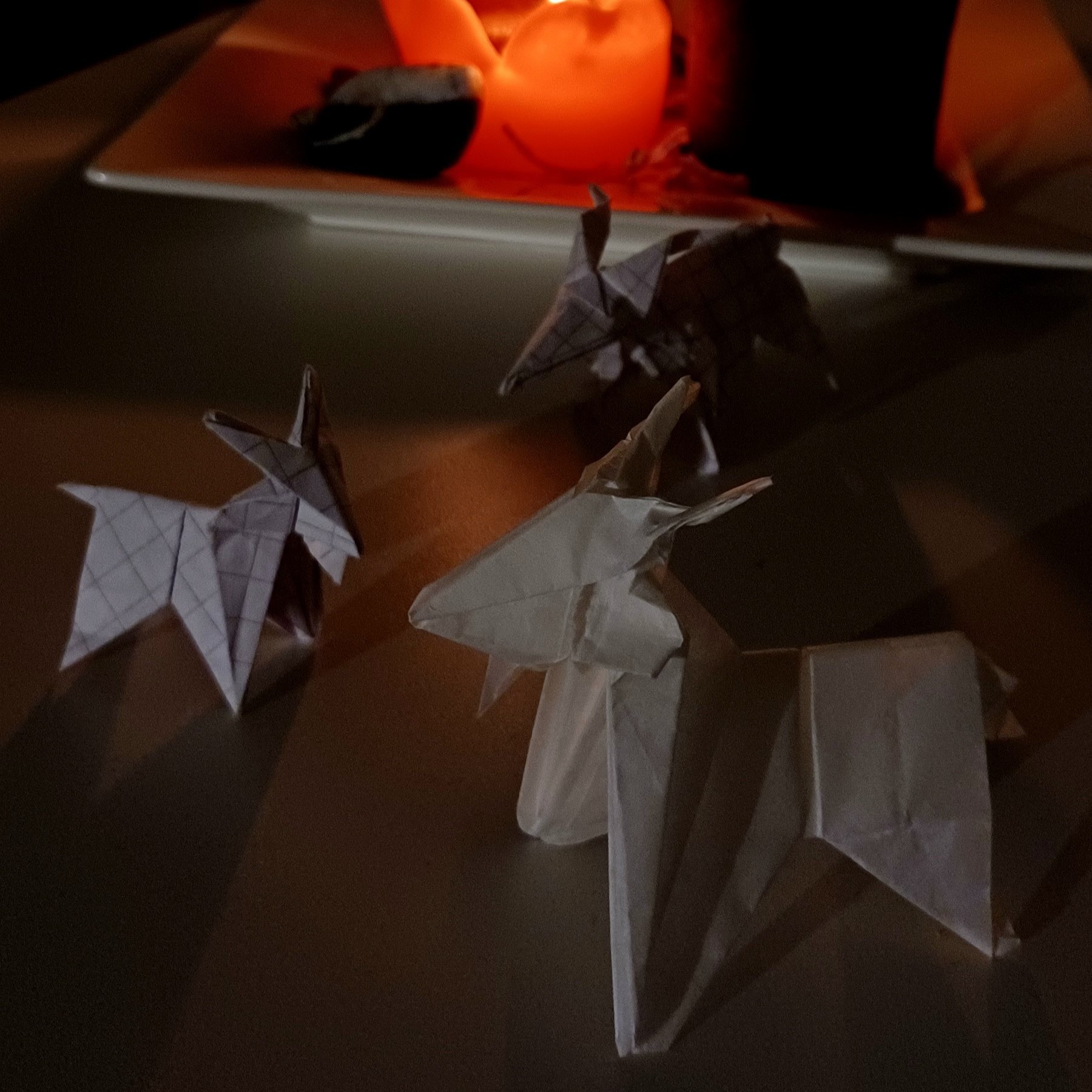Kekri



Kekri eve’s online event in artists
Savu︎ Anna-Kaisa ︎ and gallery’s︎ instagram pages and on the exhibition’s facebook-event ︎
Savu︎ Anna-Kaisa ︎ and gallery’s︎ instagram pages and on the exhibition’s facebook-event ︎





Kekri day, we served some snacks and Sima for the visitors.
KEKRI – ANCIENT FINNIC NEW YEAR
Kekri is an ancient Finnic new year festival that has been traditionally celebrated on the first of November. This celebration is similar to Celtic Samhain. Several modern Christmas traditions originate from Kekri traditions. On the Kekri eve, food and drink sacrifices are offered to elves and gnomes. In Kekri traditions, one can also see connections to Jewish Passover: ritual slaughter of the lamb, eating unleavened cereal products and family gathering around food servings. The Kekri meal was also offered to the deceased members of the family. Finnish word 'Marraskuu' meaning November, is actually derived from word 'marras / martaat' meaning the spirits of the deceased, who are especially active during that time.
November can be seen as so called dividing time, what in Baltic is also called Time of the Spirits. Dividing time also has other meanings. Menial workers were transferred to new places of service. This transition period was the time of carnivalistic celebrations, which also held connotations to turning roles and power relationships upside down. Sheep herds were split in the same way as in North the reindeer round-ups are carried out. Dividing time lasted for 2 weeks or 12 days; one day equaling each month of the coming year. This was the time of forecasting weather and foretelling futures. Swedish and Anglo-Saxon dividing time was referred to as Blotmånad (Month of Offerig), when sacrifices were given.
Word Kekri probably has an etymological background in proto-Germanic word jēra and Anglo-Saxon word gēr meaning spring or year. The Kekri-sacrifice has a background in the myth describing the birth of the world, where the creature representing chaos of the beginning is killed. Its dead body then metamorphoses to cosmos.
Kekri is an ancient Finnic new year festival that has been traditionally celebrated on the first of November. This celebration is similar to Celtic Samhain. Several modern Christmas traditions originate from Kekri traditions. On the Kekri eve, food and drink sacrifices are offered to elves and gnomes. In Kekri traditions, one can also see connections to Jewish Passover: ritual slaughter of the lamb, eating unleavened cereal products and family gathering around food servings. The Kekri meal was also offered to the deceased members of the family. Finnish word 'Marraskuu' meaning November, is actually derived from word 'marras / martaat' meaning the spirits of the deceased, who are especially active during that time.
November can be seen as so called dividing time, what in Baltic is also called Time of the Spirits. Dividing time also has other meanings. Menial workers were transferred to new places of service. This transition period was the time of carnivalistic celebrations, which also held connotations to turning roles and power relationships upside down. Sheep herds were split in the same way as in North the reindeer round-ups are carried out. Dividing time lasted for 2 weeks or 12 days; one day equaling each month of the coming year. This was the time of forecasting weather and foretelling futures. Swedish and Anglo-Saxon dividing time was referred to as Blotmånad (Month of Offerig), when sacrifices were given.
Word Kekri probably has an etymological background in proto-Germanic word jēra and Anglo-Saxon word gēr meaning spring or year. The Kekri-sacrifice has a background in the myth describing the birth of the world, where the creature representing chaos of the beginning is killed. Its dead body then metamorphoses to cosmos.



